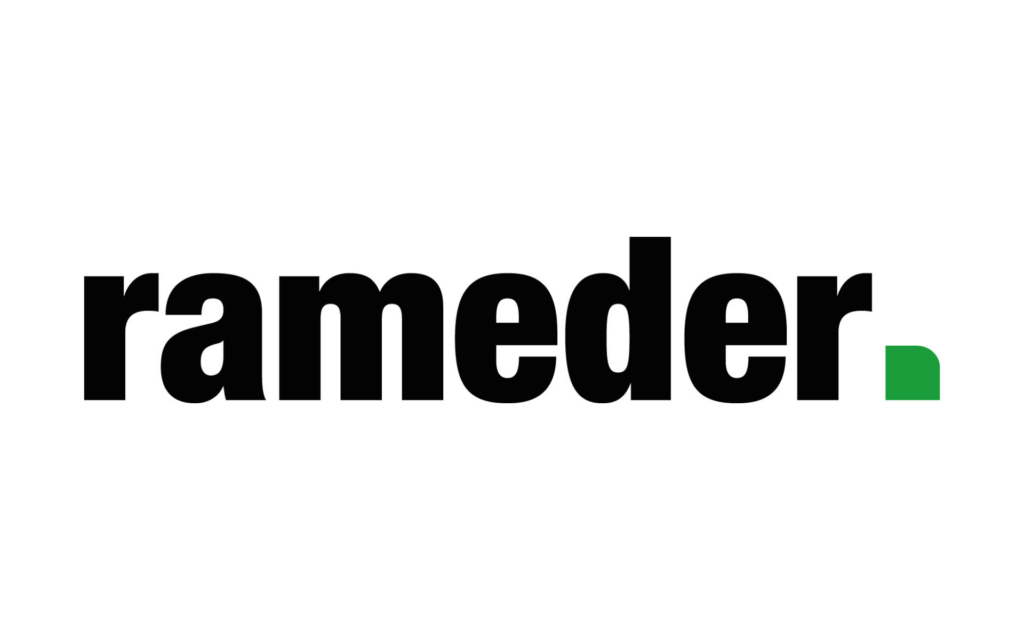The core function of healthcare is to take care of patients. This is made possible by support functions, with logistics playing a crucial role in ensuring the safety and timeliness of care. So why is it so often that a ward lacks supplies, and expired items sit in the inventory?
– It is entirely understandable that logistics and its development do not motivate healthcare personnel. It is not their core competence, and it should not be placed on their shoulders, says Mikko Heinilä, Business Director of HUB logistics.
Waste and material shortages have a significant impact on nursing, causing cancellations of procedures and, in some cases, endangering patient safety.
– Waste, errors, and duplicate orders are expensive. It also hinders nursing if ordered items sit in reception for a long time without anyone having time to record them in the system, adds Sales Director Aapo Nurmi.
Logistics is like the circulatory system: invisible and vital support function
Savings, efficiency, and safety arise from the basics of logistics. That’s why Päijät-Häme, for example, outsourced its internal logistics to HUB logistics. Smooth processes are the driving force behind the well-being area’s logistics.

– Logistics is at its best when it is invisible, and the importance of its functionality only grows for well-being areas. The rise in costs and the shortage of personnel create significant pressure, making the importance of support functions even greater, emphasizes Heinilä.
One concrete benefit of outsourcing is that space is freed up through inventory management. Logistics professionals optimize material flows, deliver supplies and ready-made treatment sets to user locations, allowing space to be used for other purposes.
– The digitalization of systems and functional processes makes inventory accuracy real-time. Management receives more accurate information about the status of purchases, and deliveries to the facility are in the system within 24 hours, Nurmi explains.
The possibilities of data-driven management expand, and anticipation can lead to significant savings. It’s worthwhile to entrust logistics professionals with some of the thousands of daily steps taken by healthcare personnel.
– No one probably opposes the idea that doctors and nurses have 20 percent more time for patient work. In addition, their well-being at work is improved by the fact that they can always be sure that the right supplies are in the right place at the right time, Heinilä adds.
With the help of HUB logistics, errors related to logistics decrease, and, on the other hand, the development of internal logistics is proactive process streamlining, taking into account the well-being area’s strategy for the coming years.
– At the top level, the logistics of healthcare units does not differ from logistics in other industries. So our operating models, process expertise, equipment, and systems are immediately beneficial. This is the foundation on which we build, says Nurmi.
– In addition, we have experience in the special requirements of healthcare logistics and are actively involved in the unit’s everyday life. This way, the material flow is exactly as specified by the well-being area: viable supplies are always available, and buffers are at the right level for sudden situations,” describes Heinilä.
>> Read more about our healthcare logistics service



